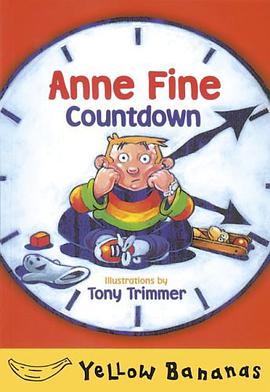

具体描述
For one hundred years, Heart of Darkness has been among the most widely read and taught novels in the English language. Hailed as an incisive indictment of European imperialism in Africa upon its publication in 1899, more recently it has been repeatedly denounced as racist and imperialist. Peter Firchow counters these claims, and his carefully argued response allows the charges of Conrad's alleged bias to be evaluated as objectively as possible. He begins by contrasting the meanings of race, racism, and imperialism in Conrad's day to those of our own time. Firchow then argues that Heart of Darkness is a novel rather than a sociological treatise; only in relation to its aesthetic significance can real social and intellectual-historical meaning be established. Envisioning Africa responds in detail to negative interpretations of the novel by revealing what they distort, misconstrue, or fail to take into account. Firchow uses a framework of imagology to examine how national, ethnic, and racial images are portrayed in the text, differentiating the idea of a national stereotype from that of national character. He believes that what Conrad saw personally in Africa should not be confused with the Africa he describes in the novel; Heart of Darkness is instead an envisioning and a revisioning of Conrad's experiences in the medium of fiction.
作者简介
目录信息
读后感
评分
评分
评分
评分
用户评价
相关图书
本站所有内容均为互联网搜索引擎提供的公开搜索信息,本站不存储任何数据与内容,任何内容与数据均与本站无关,如有需要请联系相关搜索引擎包括但不限于百度,google,bing,sogou 等
© 2026 book.wenda123.org All Rights Reserved. 图书目录大全 版权所有




















